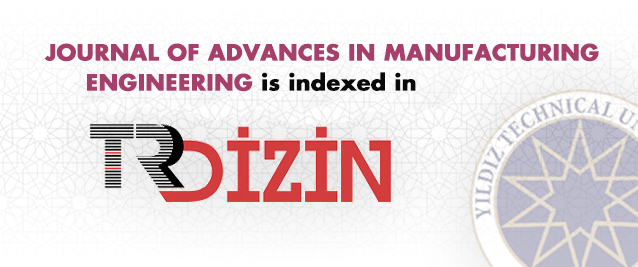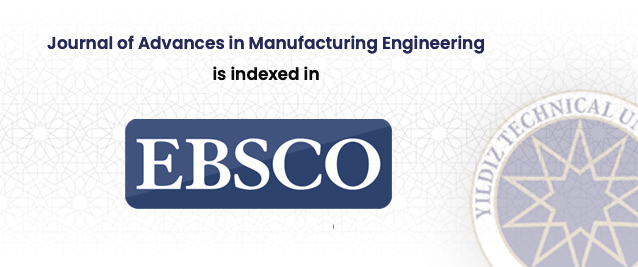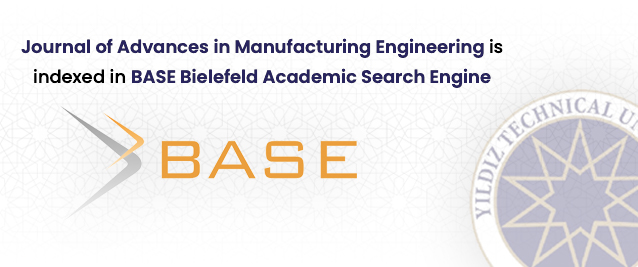2Department of Production Engineering, Faculty of Engineering, University of Benin, Benin City, Edo State, Nigeria
3Department of Electrical/Electronics Engineering, Faculty of Engineering, Benson Idahosa University, Benin City, Edo State, Nigeria
Abstract
The convergence of the Internet of Things (IoT) and Industry 4.0 principles is transforming traditional manufacturing into intelligent, responsive, and highly automated smart manufacturing systems. This study presents the development and evaluation of a smart manufacturing system integrating core Industry 4.0 technologies, including IoT, Artificial Intelligence (AI), robotics, digital twins, blockchain, and cloud computing. The research evaluates their functions, integration levels, and real-time capabilities, identifying IoT, robotics, and cloud computing as the most mature technologies (Integration Level 5, Real-time Capability 3). IoT integration demonstrated substantial operational benefits such as predictive maintenance, real-time monitoring, and process optimization, delivering ROI improvements of up to 40%. A detailed cost comparison revealed up to 58.3% cost savings in areas like downtime loss and maintenance, alongside improved annual ROI. Regional analysis highlighted Asia-Pacific as the leader in Industry 4.0 adoption (76.4%), followed by North America (72%) and Europe (67%). Furthermore, KPI improvements included a 30.8% increase in efficiency, 62.5% reduction in defect rate, and 46.7% rise in on-time delivery. Despite these advancements, the study identifies key challenges, such as high initial costs, data security risks, and workforce skill gaps. Strategies such as phased rollouts, encryption, and upskilling programs are recommended to mitigate these challenges. The proposed system underscores the transformative potential of smart manufacturing and provides a scalable framework for industries aiming to transition towards intelligent, data-driven production environments.














